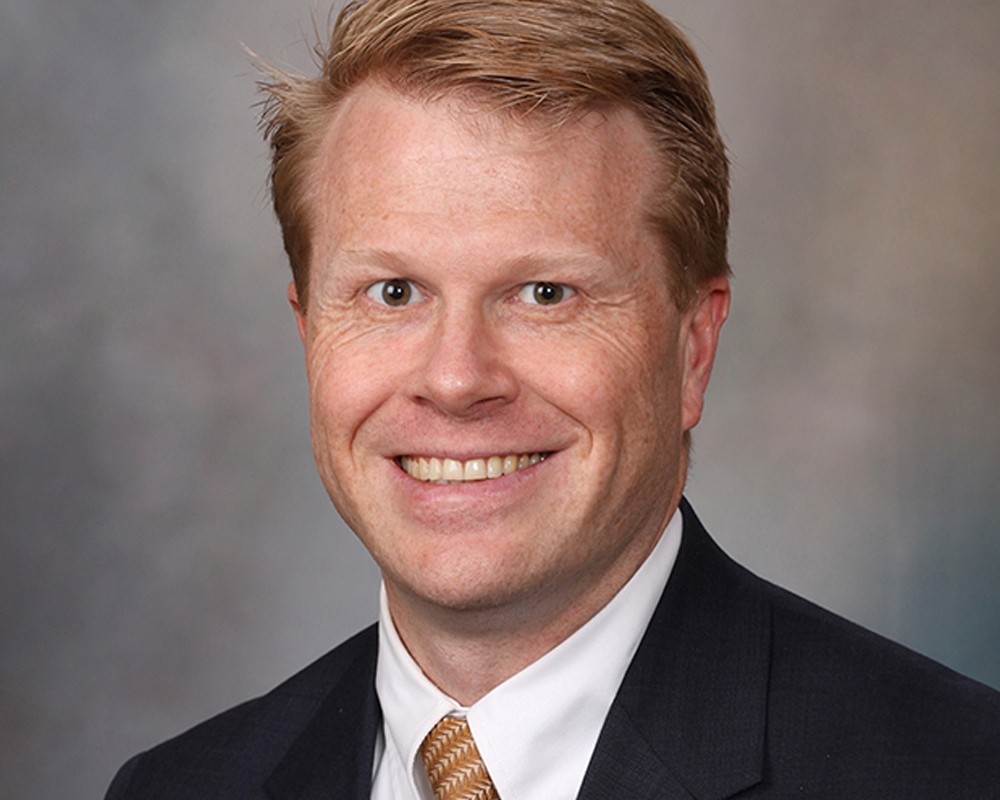
Stanford Medicine’s first chief wellness officer, research leader on physician well-being
For IN-PERSON EVENTS, the exact fee falls within the fee range on this page, unless this is a “Call for Fee.”
For VIRTUAL EVENTS, the fees can vary depending on how the presenter is used (example: virtual keynote, workshop sessions, multiple video messages, etc).
To learn the exact fee, complete the “Check Availability” form or call us (at 973-313-9800), email us at info@eaglestalent.com, or chat with one of our team members on LiveChat.
We look forward to helping you.
Stanford Medicine’s first chief wellness officer, research leader on physician well-being
For IN-PERSON EVENTS, the exact fee falls within the fee range on this page, unless this is a “Call for Fee.”
For VIRTUAL EVENTS, the fees can vary depending on how the presenter is used (example: virtual keynote, workshop sessions, multiple video messages, etc).
To learn the exact fee, complete the “Check Availability” form or call us (at 973-313-9800), email us at info@eaglestalent.com, or chat with one of our team members on LiveChat.
We look forward to helping you.
A medical oncologist, Dr. Shanafelt has distinguished himself as a leading researcher on physician well-being and its impact on patient care. He is the director of the Mayo Clinic of Medicine Program on Physician Well-being, a clinical laboratory evaluating personal and organizational factors affecting physician satisfaction and performance. He will discuss personal and organizational factors that can be modified to promote the well-being of health professionals.
Dr. Shanafelt was appointed the first Chief Wellness Officer for Stanford Medicine, effective September 2017. He also serves as Director for the WellMD Center at Stanford Medicine and as Associate Dean for the Stanford School of Medicine.
Dr. Tait Shanafelt received his medical degree from the University of Colorado, where he received the Hippocrates Award as the “Physician’s physician,” the Golden Head Cane Award as the outstanding student in internal medicine, and the Robert E. Glazer Award for leadership and service. Tait later went on to a Hematology/Oncology Fellowship at Mayo Clinic, where he received both the Mayo Brothers Distinguished Fellow Award and the Summerskill Award for outstanding scientific research.
Prior to his move to Stanford, Dr. Shanafelt joined the faculty of the Mayo Clinic Division of Hematology in 2005 and was a Professor of Medicine and Hematology. He completed a 3-year term as the President of the Mayo Clinic Voting Staff. Dr. Shanafelt spent 70% of his time developing new therapies for the treatment of chronic lymphocytic leukemia. He was the principle investigator on two R01 grants from the National Cancer Institute and was also the PI on numerous clinical trials testing new treatments for patients with CLL. He has published >300 peer review manuscripts in addition to more than 100 abstracts and book chapters.
In addition to his leukemia research, Dr. Shanafelt is an international thought leader and researcher in the field of physician well-being and its implications for quality of care. He was the Director of the Mayo Clinic Department of Medicine Program on Physician Well-Being, a clinical laboratory evaluating personal and organizational factors that contribute to physician satisfaction. His research in this area has involved physicians at all stages of their career, from medical school to practice, and has included several multi-center and national studies. He has published widely on this topic, including numerous works in the JCO, Annals of Internal Medicine, and JAMA, and has served as a keynote speaker to the ACGME, AAMC, AMA, and ABIM on this topic.
A medical oncologist by training, Tait Shanafelt, MD, is Stanford Medicine’s first chief wellness officer and a leading researcher on physician burnout and its impact on quality of care, access, and physician availability.
In a 2015 study that he co-authored, Dr. Shanafelt and his colleagues reported that burnout and satisfaction with work-life balance in U.S. physicians worsened from 2011 to 2014. In fact, more than half of all U.S. physicians, the researchers wrote, are now experiencing professional burnout.
That’s not good for physicians, and it’s certainly not good for patients. In this opening keynote, Dr. Shanafelt will address the factors – including the rapid, often overwhelming introduction of health IT, including EHRs – that contribute to burnout and what must be done to recalibrate physician work-life balance and, concurrently, improve the quality of patient care.


Call us or Live Chat Below


Call us or Live Chat Below


Call us or Live Chat Below


Call us or Live Chat Below


Call us or Live Chat Below

"*" indicates required fields
"*" indicates required fields